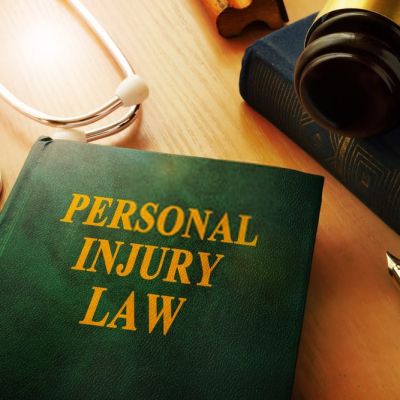According to the Ohio Bureau of Workers’ Compensation, “Ohio law requires employers with one or more employees to obtain workers’…
The laws of Ohio allow a personal injury victim to seek multiple forms of compensation from the person or organization…


